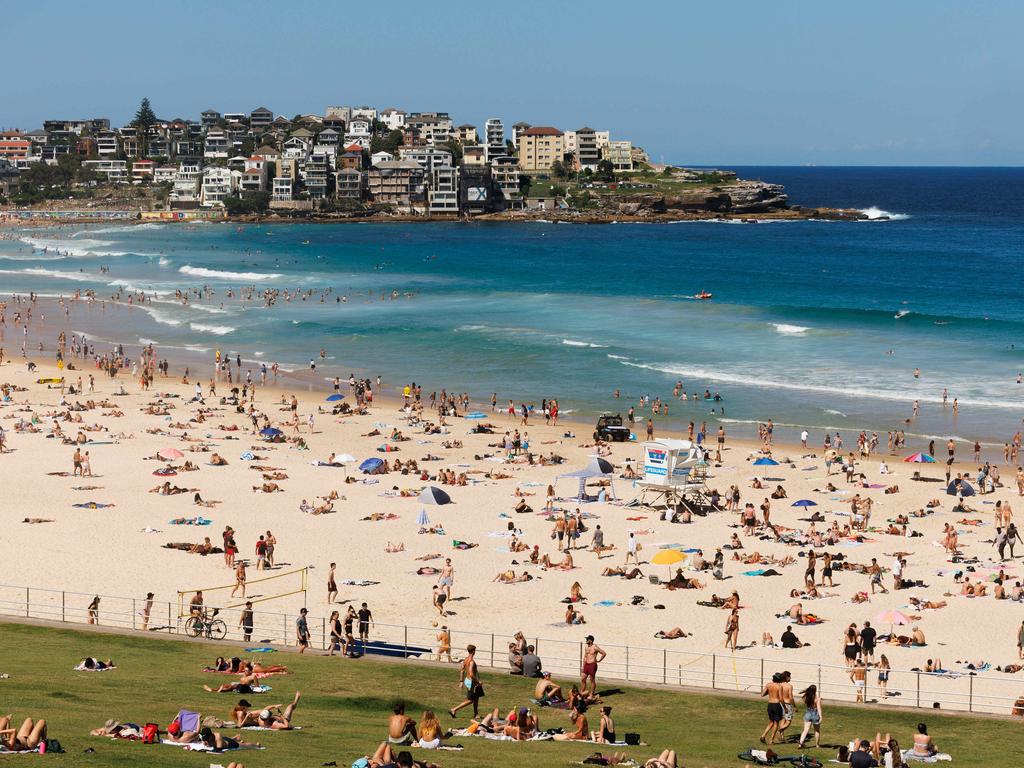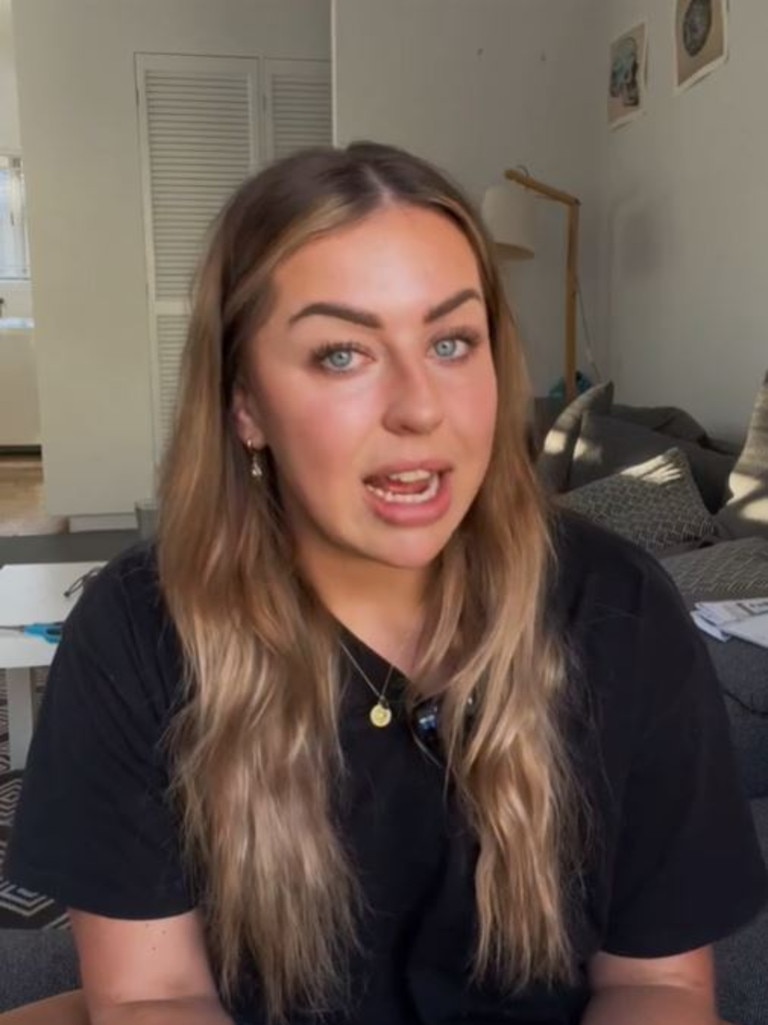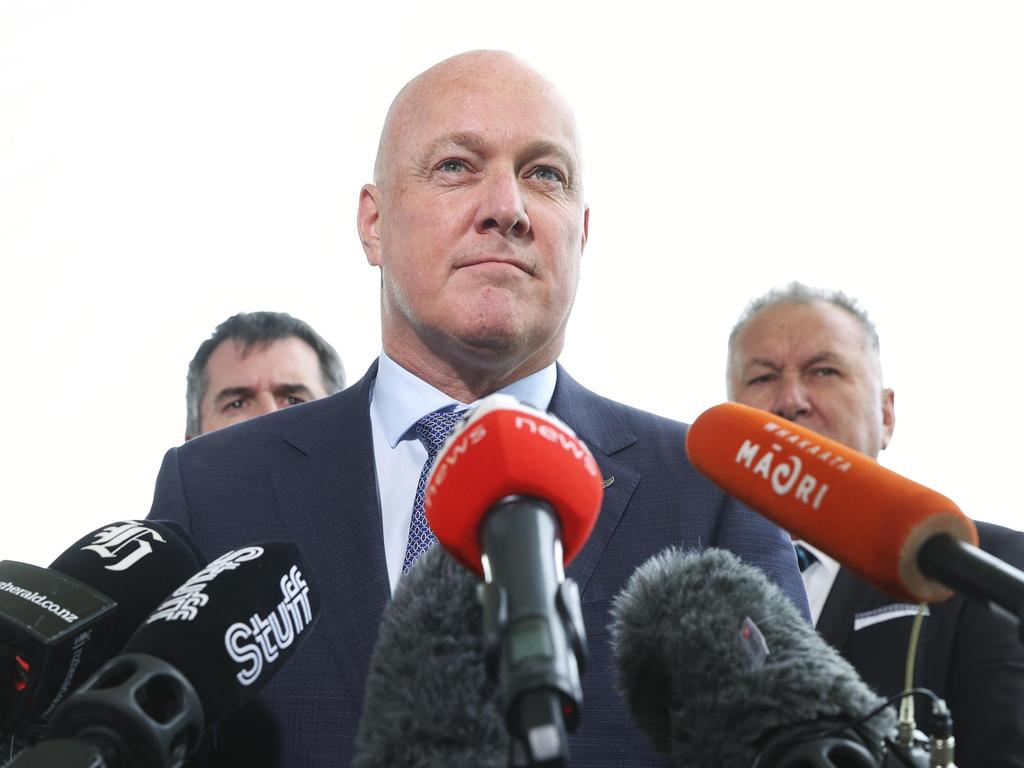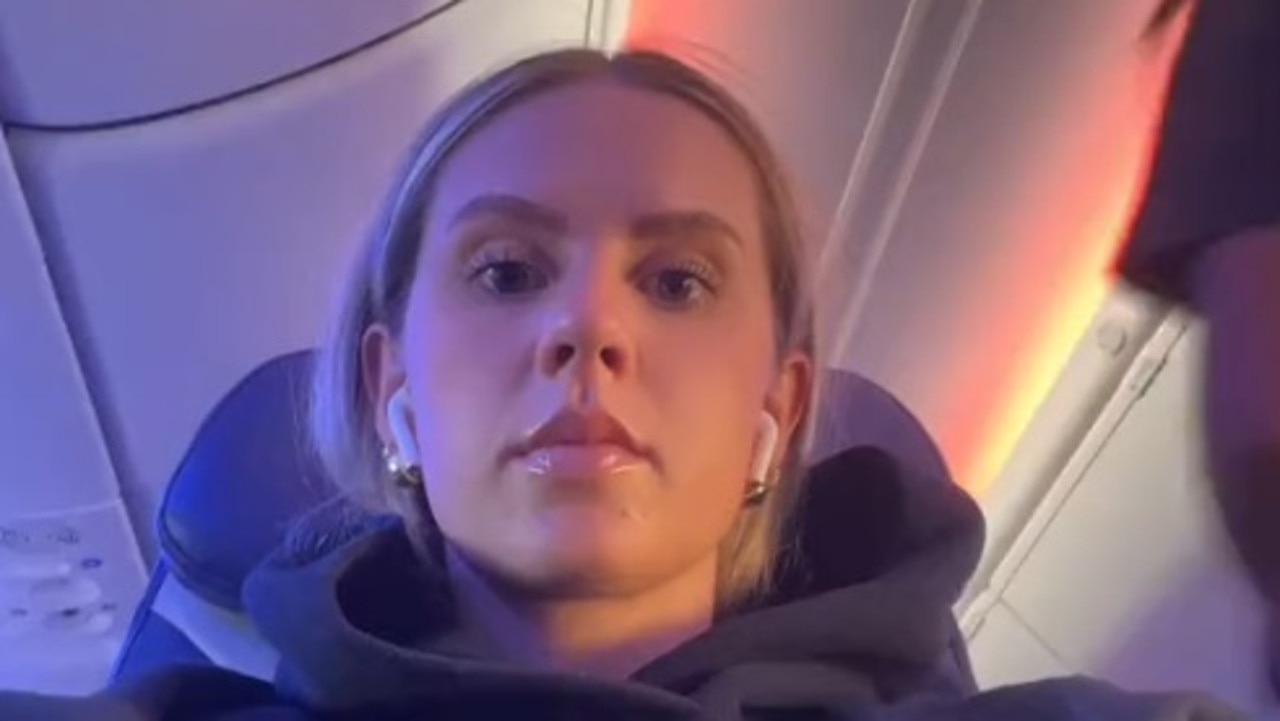‘Hard to survive’: Sad reason Australia is seeing an influx of New Zealanders
Kiwis are relocating to Australia in droves, with young people the driving force behind the mass exodus – and experts predict it will only continue to ramp up.

Australia is set to see an influx of New Zealanders relocating Down Under, as brutal job cuts and low wages continue to force them out of their home country.
The neighbouring nation saw a record net migration loss of 52,000 citizens in the 12 months to March 2024, according to data released by Stats NZ.
“This is the first time the annual net migration loss of New Zealand citizens has exceeded 50,000,” population indicators manager Tehseen Islam said.
“That equates to 1000 more New Zealand citizens departing long-term than arriving long-term each week.”
Before the current high, the record annual net migration loss was 44,000 in February 2012.
The nation’s official data agency also revealed unemployment rose to 4.3 per cent in the March 2024 quarter, up from 4 per cent in the December 2023 quarter.

Young people are the driving force behind the increasing number of people leaving New Zealand, with those aged 18 to 30 accounting for 39 per cent of the 78,200 migrant departures of New Zealand citizens in the March 2024 year.
And it appears that many of them are choosing to try their luck in Australia instead.
Over the past few months, there has been a noticeable increase in young Kiwis posting about moving to Australia online and sharing their reasons for doing so.
One such Kiwi, who goes by Kiyah Ariana online, revealed that deciding to move her young family to Melbourne was the “hardest” decision of her life because all her family is in New Zealand.
However, she revealed that it has been “worth it” as her family has been able to experience the exact thing they moved for, which was better financial opportunities.
“I have been able to be a stay-at-home mum to both of our kids because my partner makes good money and enough for us to live off one income, which is something that we would not have been able to do back home,” she said in a TikTok video.
Another New Zealander who decided to move claimed the quality of life in Australia was “10 times better”.
Earlier this year, 26-year-old Jesse Campbell posted a TikTok video encouraging fellow Kiwi’s to make the move.


“The quality of life there is 10 times better than it will ever be in New Zealand. Now, that is not a knock on New Zealand, that is just the facts,” he said.
He revealed he had lived in Australia for three years and, while he had been back home for only a few months, he was already itching to go back.
“The cost of living is cheaper, you get paid more, the weather is better, there’s more going on over there, the beaches are better, there’s more opportunities,” he said.
“Honestly, I just reckon the quality of life it produces over there is just so much better than New Zealand at the moment, and that’s why we are losing so many people moving over there.
“Especially when things are so tough here for people in New Zealand, you know? The wages and the crazy cost of living and that. It is just so hard for people to survive and have a good life here.”
Another creator, Paige Ratcliffee, shared her excitement at being able to afford to buy fresh produce since moving to the Gold Coast.
“POV: You move to Australia and can now afford fresh produce every day,” she wrote on a recent video.


Job cuts, low wages behind the trend
The influx of Kiwis moving to Australia comes amid increasingly difficult living conditions for New Zealanders, including difficulties with the job market and lower wages compared to Australia.
In March, Stats NZ revealed the economy was in recession over the second half of last year, with the GDP falling by 0.3 per cent in the September 2023 quarter and 0.1 per cent in the December quarter.
New Zealand has returned negative GDP figures in four of the last five quarters.
“Wholesale trade was the largest downwards driver this quarter, led by falls in grocery and liquor wholesaling; and machinery and equipment wholesaling,” Stats NZ’s Ruvani Ratnayake said.
“Retail trade activity also fell, driven by furniture, electrical, and hardware retailing; and food and beverage services.”
The country’s new National Party-led government – which formed a coalition with the right-wing minorities New Zealand First and ACT Party – recently sparked backlash with a plan for large-scale cuts across the public sector.
Finance Minister Nicola Willis directed ministries and agencies to slash expenditure by either 6.5 per cent or 7.5 per cent to help reduce annual public service spending by $1.5 billion.

The number of public sector cuts to date is currently sitting just above 4500, according to independent public service media organisation, RNZ.
However, experts have warned this number will continue to rise, with ACT leader and newly named Minister for Regulation, David Seymour, predicting the figure will rise to over 7000.
“I’d start with a reduction to 2017 levels, that’s the baseline in the ACT-National coalition agreement, then I would allow for the increases in population and so on that genuinely have made the job bigger over the past six years,” he told RNZ.
“And then no doubt, there will be some activities that people see as additional and vertical and want to retain. That’s how you start off with 15,000 and perhaps end up with a figure somewhere around half that … half of 15,000 is 7500.”
Last month, New Zealand Herald’s business editor-at-large, Liam Dann, warned that up to 30,000 jobs could be on the line.
Speaking to the Saturday Morning program in April, he claimed that economists have been forecasting that unemployment could rise up to 5.5 per cent.
“And unfortunately it means that tens of thousands – maybe 30,000 – more jobs are going to go in the next year. So it’s kind of a case of brace yourself for a bit,” Dann said.
At the start of this year, New Zealand broadcaster and journalist Duncan Garner, said that Australia’s job market and pay rates were “leaving New Zealand for dead”.
“The gap in wages between the two countries has opened up to be a gulf,” he told his podcast listeners.
“No wonder our police officers, teachers, nurses have departed in their numbers. and there are huge relocation allowances on offer.”




